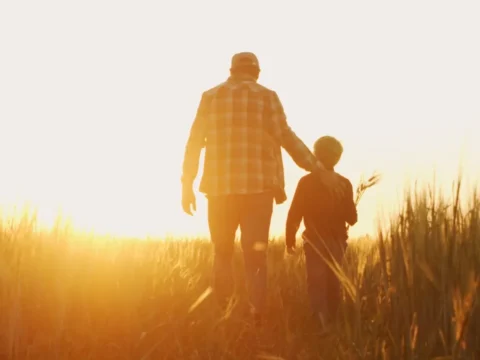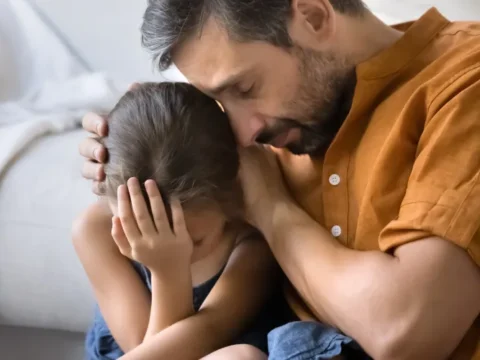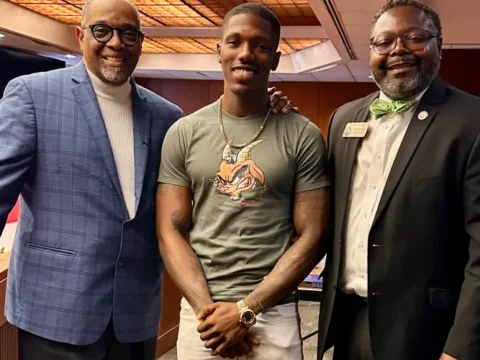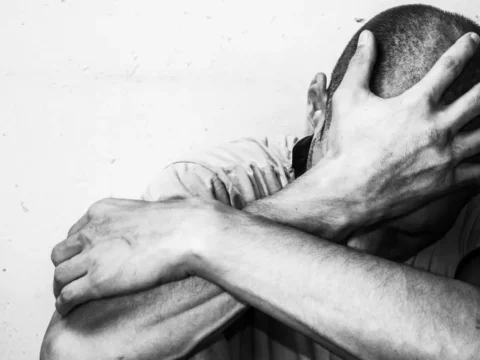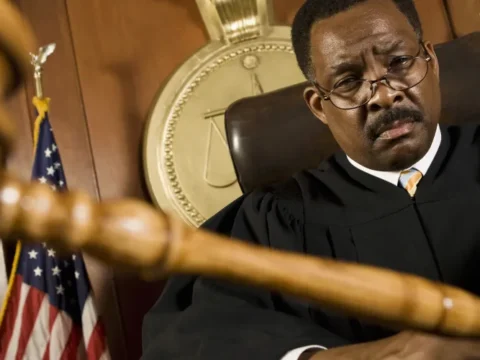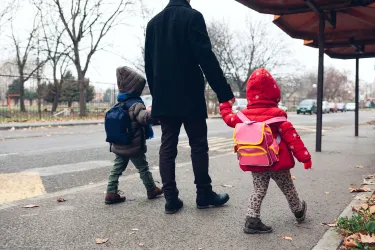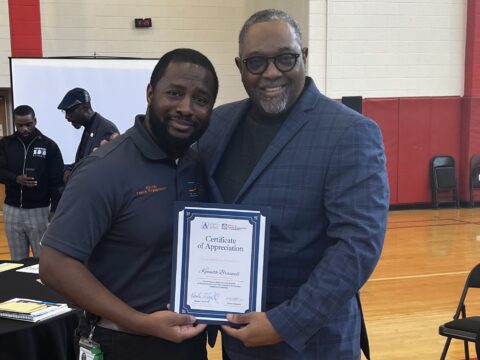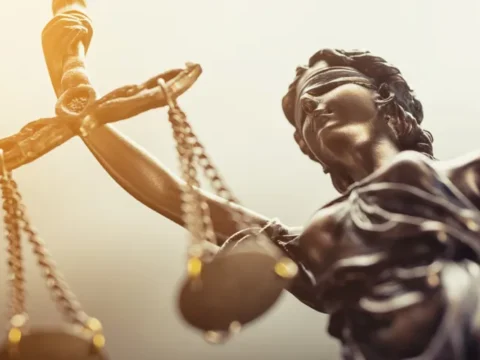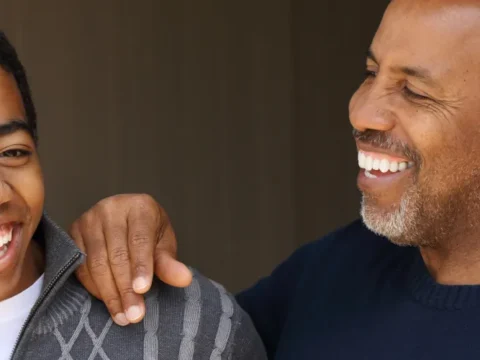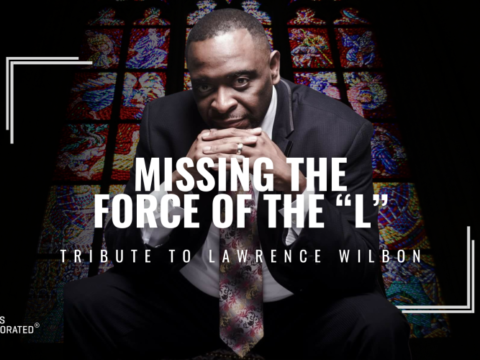Will fathers ever be worthy of forgiveness?
By Kenneth Braswell, CEO, Fathers Incorporated
September opens with National Forgiveness Day, and I wanted to write about how the conversation about forgiveness ties in with fatherhood. There have been times in my life when I have needed to forgive and times when I’ve had to ask for forgiveness. Truth be told, there are areas of my life where I am still searching for it.
Warranted or unwarranted, forgiveness is a huge part of our human experience — especially when it comes to fathers.
As men, we make mistakes. As fathers, those mistakes often carry lasting weight. They leave imprints on the lives of the people who love us most. Some of those imprints are tender, others deep and jagged. To absorb the concept of forgiveness, being able to give it and receive it is essential if we want to live as healthy human beings.
I think of my own children, particularly my two oldest daughters: one I didn’t know about until late in life and another who spent the early part of her life in my absence. We have some form of relationship today, and I believe they love me for who I am. But there’s a part of me that wishes my presence in their lives had been more meaningful — built with greater intentionality.
Herm Edwards, the NFL coach, says, “The best ability is availability.” That line haunts me and challenges me. It’s why I commit, every day, to being available for my children. And yet, I know barriers exist, born of circumstance and absence, that will always require some measure of forgiveness.
And then there is the absence of my own father. In my documentary, Spit’N Anger, I was asked a simple but searing question: “Do you forgive your father?” I remember the hesitation in my answer. At the time, I knew only the impact of his absence, not the story behind it. I didn’t know his “why,” only my pain. Eventually, I was challenged to write him a letter of forgiveness. Putting those words to paper lifted a weight I hadn’t realized I was carrying. It freed me and taught me that often, forgiveness is not about agreeing with what happened but about releasing yourself from what you’ve held onto.
I’ve seen forgiveness lived out in ways that humbled me. My friend Darryl Green forgave the man who murdered his brother, and he built his life’s work around that principle. That is the power of forgiveness. It is transformative. It reshapes grief into purpose.
But forgiveness is not only a private matter. It’s also generational. Without it, cycles of hurt, grudges, and silence repeat themselves like unwelcome heirlooms. I think about a tense moment I had with my 16-year-old son, a moment where fatherhood and manhood collided in ways he couldn’t fully understand. Thankfully, I handled it well, drawing on my knowledge of relationships and past wounds. But it reminded me of a similar moment with my stepfather years ago, one that turned physical and forever changed our relationship. We never addressed it, and what could have been healing turned into decades of polite distance. Forgiveness, left unspoken, diminished us both.
I know fathers who have separated from their children and don’t know how to return. They struggle not just with the logistics but with the crushing guilt and shame. My friend Joseph Stiltner once said, “It is extremely hard to leave your child, but it is even harder to return.” Forgiveness is the bridge, yet many fathers doubt their children could ever forgive them. That doubt keeps them away longer, and the silence grows heavier.
And then there is the societal and cultural level. Fathers, particularly Black and Brown fathers, are too often branded as absent, neglectful, or irresponsible, regardless of data that tells a different story. The narrative is quick to condemn and slow to extend grace. Forgiveness here involves shifting our collective lens — seeing fathers not as caricatures of failure, but as men capable of growth, redemption, and renewed presence.
Even institutions flirt with the language of forgiveness. I’ve seen child support agencies hold “amnesty days,” forgiving portions of debt. But forgiveness framed only as a pardon for wrongdoing misses the truth: Many fathers don’t fail to pay out of neglect but out of hardship. To treat every missed payment as a moral failing is to misunderstand the complexity of life. Forgiveness, in its truest sense, is not about erasing debt. It’s about acknowledging humanity.
For me, forgiveness is also spiritual. Our Heavenly Father speaks of it as a command and as a gift. To forgive is to walk in love. To forgive is to live with open hands instead of clenched fists. If faith is the soil of our lives, forgiveness is the water that helps anything good take root.
I invite fathers, children, and communities to consider what forgiveness might unlock. Perhaps it’s a phone call that feels long overdue. Perhaps it’s a letter never sent. Perhaps it’s simply looking in the mirror and whispering, “I forgive you.”
Forgiveness doesn’t erase pain; it transforms it. It doesn’t rewrite the past; it clears the path forward. For fathers, it is not just a personal act. Forgiveness teaches our children that mistakes are not the end of love and that relationships are not defined by their worst moments, but by the courage to move beyond them.
Forgiveness is not weakness. Forgiveness is leadership. And for fathers, forgiveness may be the most enduring legacy we leave behind.


